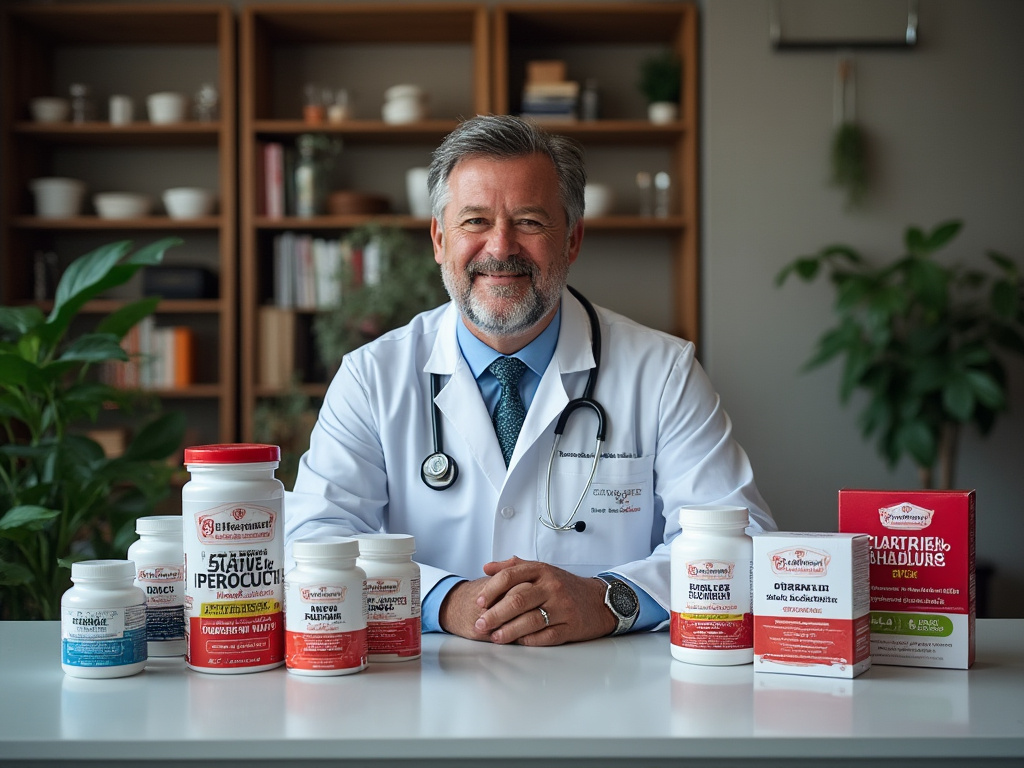Exploring the benefits of beef organ supplement can reveal a host of advantages, especially for those following specialized diets like the carnivore diet. Beef organs such as liver, heart, kidney, pancreas, and spleen can provide essential nutrients that may be absent from muscle meat alone.
Understanding Beef Organ Supplementation
Beef organ supplement, such as those offered by Heart and Soil, contain a blend of various animal organs. The supplement aims to deliver a nutrient-dense alternative to standard vitamins and minerals. By including ingredients like liver, heart, kidney, and spleen, these products ensure a comprehensive nutritional profile.
Beef Organ Supplement as Prenatal Support
One noteworthy application of a beef organ supplement is its use as prenatal vitamins. Unlike synthetic multivitamins, beef organ supplement provides nutrients derived directly from food sources. This natural approach can be particularly beneficial for expecting mothers seeking a more holistic alternative to traditional prenatal vitamins.
Comparing Costs and Benefits
While beef organ supplements undoubtedly offer a convenient source of nutrition, their cost can be a considerable factor. A single bottle may cost around $70, offering a processed version of nutrients available in raw organ meat. Conversely, purchasing and preparing raw liver can be much more cost-effective, with an entire pound costing just $6 and lasting over a month.
Convenience vs. Fresh Organ Meat
For those unable to access fresh organs or who prioritize convenience, beef organ supplements can be a viable option. They are easy to consume and integrate into a daily routine. However, preparing and consuming fresh liver or other organs can ensure a more direct intake of nutrients without the associated processing. Cutting liver into pill-sized chunks and swallowing them with water simplifies the process significantly.
Final Recommendations
Those supplements has their place, particularly for individuals with nutrient deficiencies or limited access to fresh organs. However, for those seeking the most cost-effective and nutrient-dense approach, consuming raw or lightly cooked organs may be a preferable option. Stay informed and choose the best nutritional path tailored to your needs.



